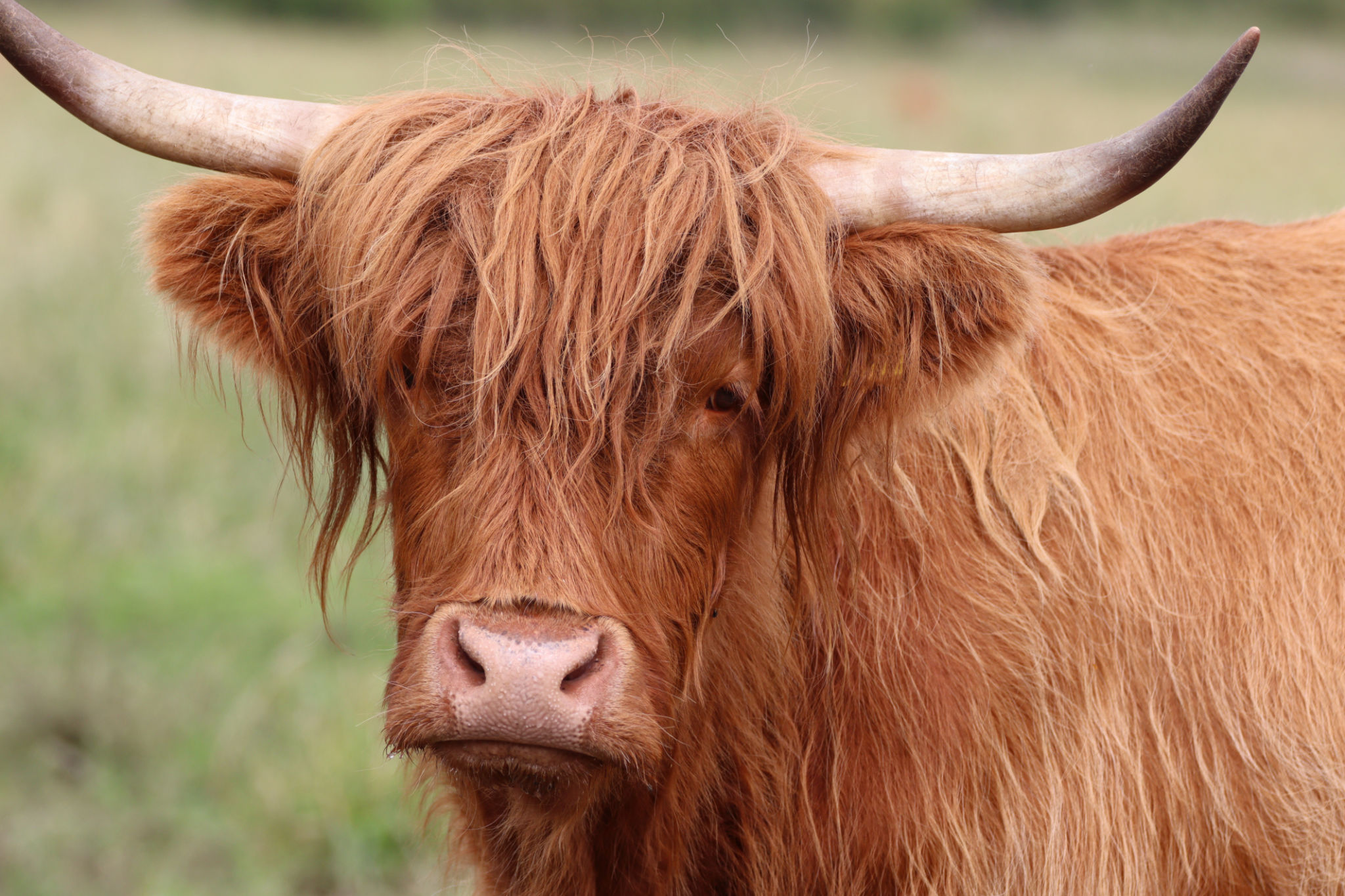Frequently Asked Questions About Mini Highland Cattle
Introduction to Mini Highland Cattle
Mini Highland cattle are a charming and increasingly popular choice among livestock enthusiasts. Known for their distinct appearance and manageable size, these cattle offer numerous benefits for small farms and homesteads. In this blog post, we'll answer some frequently asked questions to help you understand more about these fascinating animals.

What Are Mini Highland Cattle?
Mini Highland cattle are a smaller version of the traditional Highland cattle, a breed originating from Scotland. They retain the same unique features such as their long horns, shaggy coats, and endearing personalities, but they are bred to be more compact. This makes them ideal for smaller properties or those looking to add diversity to their livestock collection.
Size and Weight
On average, mini Highland cattle stand about 36 to 42 inches tall and weigh between 500 to 700 pounds. This size is significantly smaller than their full-sized counterparts, making them easier to handle and maintain. Despite their smaller stature, they are just as hardy and adaptable to various climates.

Benefits of Raising Mini Highland Cattle
There are several advantages to owning mini Highland cattle. Firstly, their smaller size means they require less space and resources compared to larger cattle breeds. This can lead to reduced feed costs and easier management. Additionally, mini Highlands are known for their friendly disposition, making them great companions for families and hobby farmers.
Low Maintenance Requirements
Mini Highland cattle are renowned for their resilience and low maintenance needs. Their thick, double-layered coats offer excellent protection against harsh weather conditions, reducing the need for elaborate sheltering solutions. Moreover, they are natural foragers, thriving on grass with minimal supplemental feeding required.

Common Questions About Care
When it comes to caring for mini Highland cattle, it's important to ensure they have access to clean water, adequate pasture, and regular veterinary check-ups. They are generally healthy animals but should still be monitored for common livestock issues such as parasites or hoof problems.
Feeding and Nutrition
Like most cattle, mini Highlands primarily graze on grass. In winter months or during droughts, hay can be supplemented to maintain their nutritional needs. It's crucial to avoid overfeeding grain-based feeds as this can lead to health issues.
Are Mini Highland Cattle Right For You?
If you're considering mini Highland cattle for your farm or homestead, evaluate your available space, resources, and commitment level. These delightful animals can be a rewarding addition due to their manageable size, unique appearance, and gentle nature. Whether you're interested in sustainable farming or simply enjoy the company of livestock, mini Highlands might be a perfect fit.